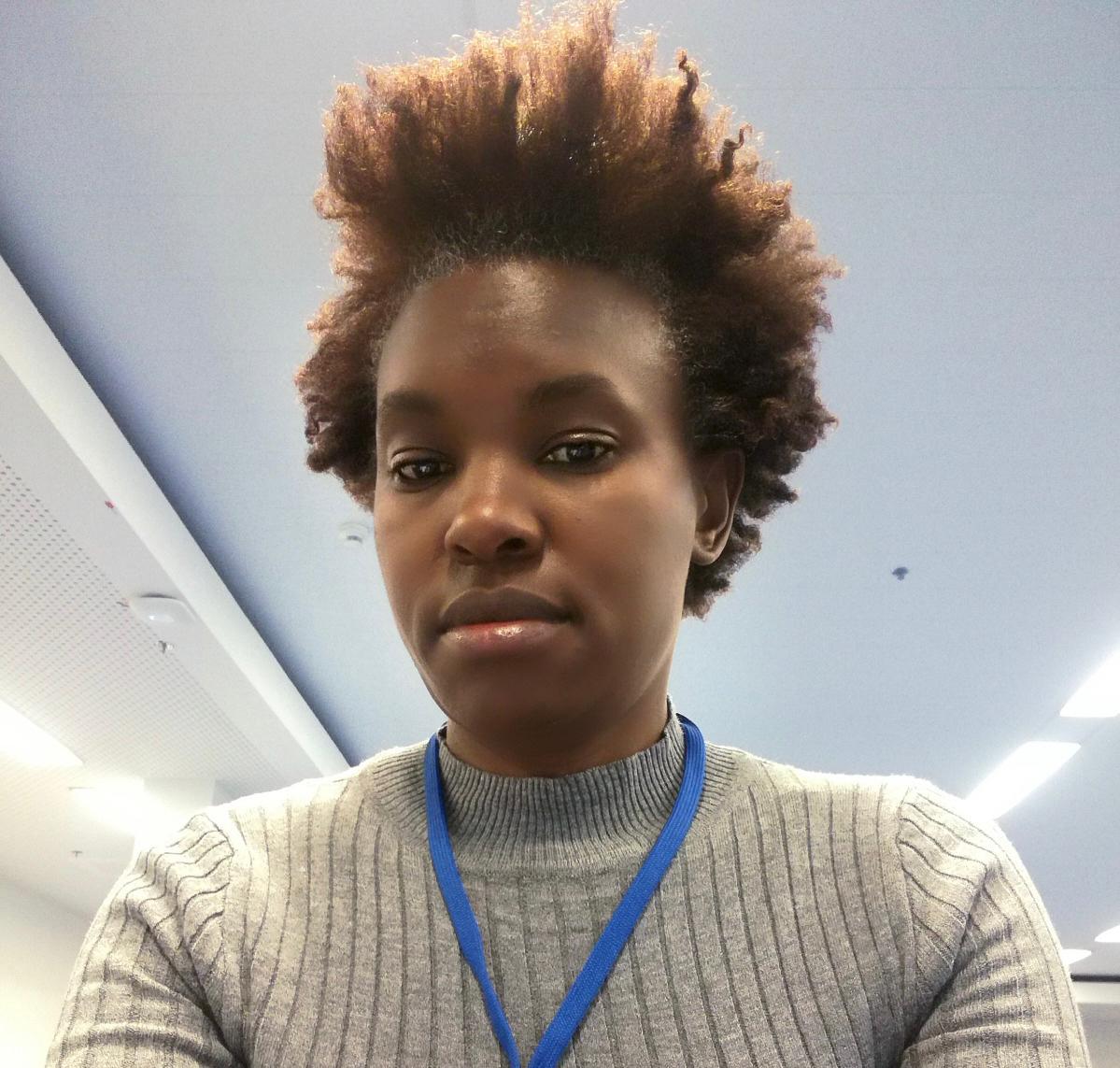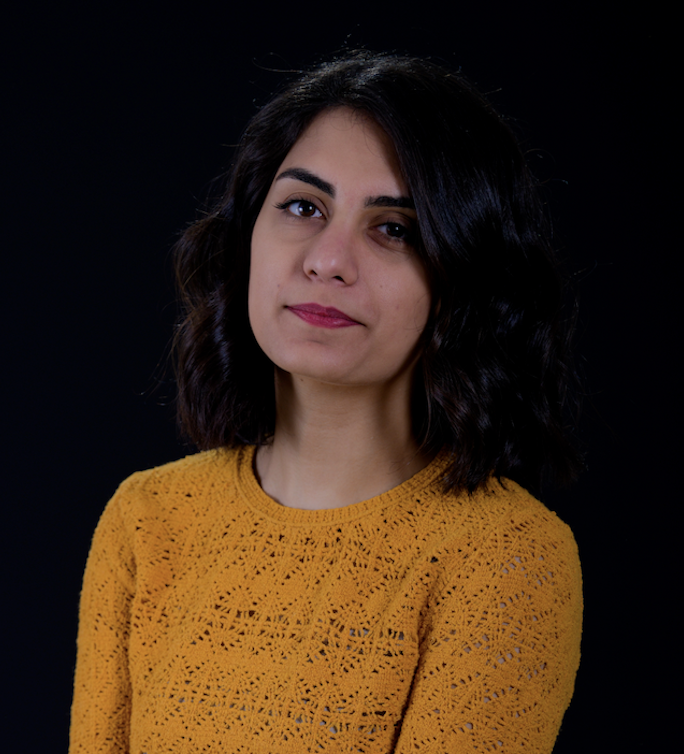29 October 2024
Global State of Harm Reduction 2024: Meet the Authors
The Global State of Harm Reduction is collaborative effort between community and civil society representatives and researchers. The report includes nine regional chapters authored by experts from each region. Get to know more about some of the authors of this year's report.
Wangari Kimemia - East and Southern Africa chapter
What makes you passionate about harm reduction?
It works, it saves lives, it is efficient, and it is evidence-based. If policy makers would understand and embrace harm reduction and divest resources from the war on drugs and invest in harm reduction it would save lives and improve the quality of life of the people who use drugs and the community.
What is the one thing you want people to know about harm reduction in Eastern and Southern Africa?
Continued criminalisation of people who use drugs is counterproductive. It only destroys lives and wastes resources in Eastern and Southern Africa. Countries in the region have an obligation to urgently decriminalise drug use and embrace harm reduction, not just to address HIV and hepatitis but to improve the quality of life of people who use drugs and their communities.
Gideon Lasco - Asia chapter
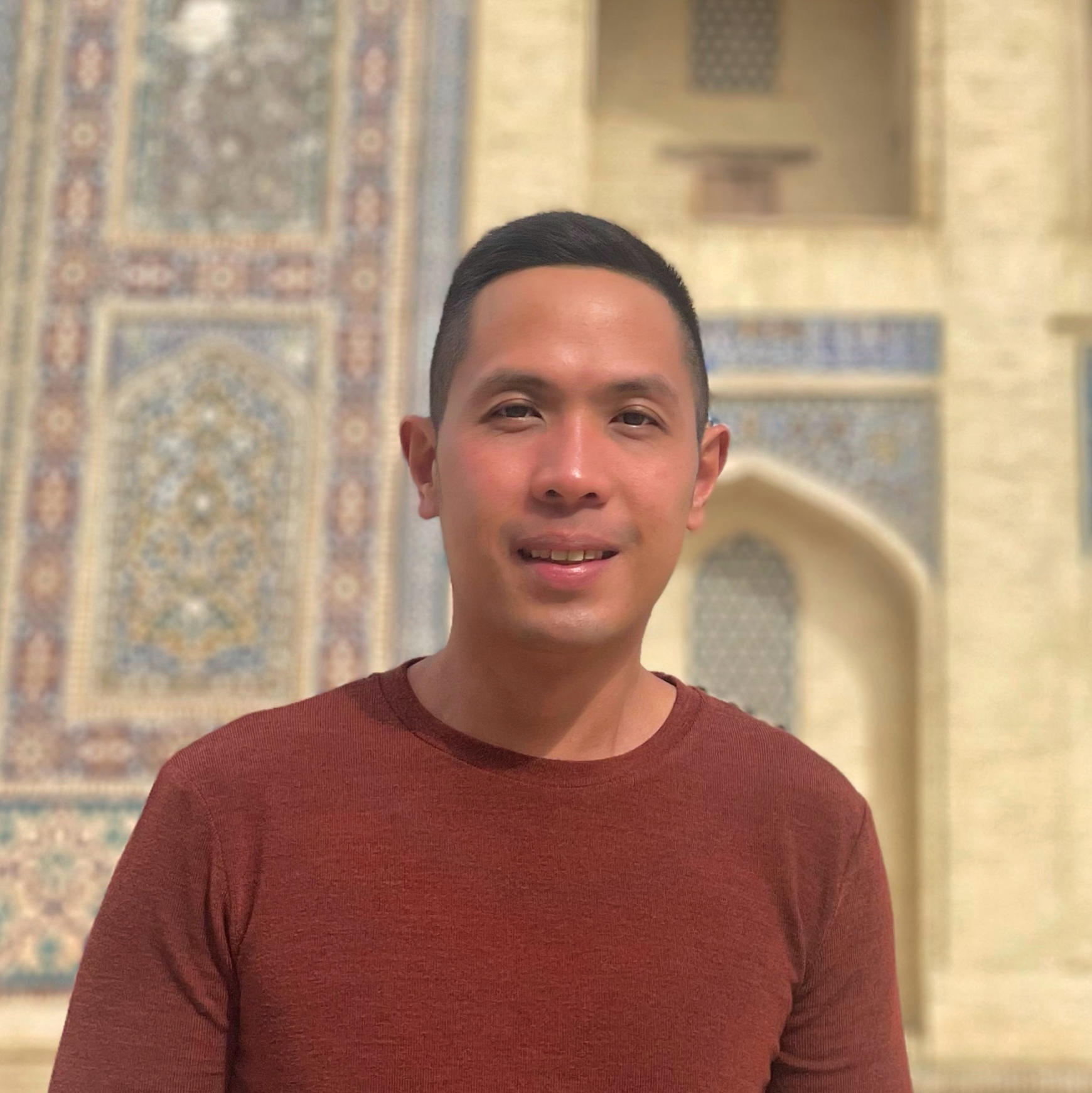 What is the one thing you want people to know about harm reduction in Asia?
What is the one thing you want people to know about harm reduction in Asia?
Asia is an incredibly complex and diverse region; there’s a long road ahead in terms of moving away from a punitive approach to drugs to harm reduction. But there are encouraging pockets of hope.
What is the most shocking or important fact you came across while working on the Asia chapter at the Global State of Harm Reduction 2024 report?
Harm reduction is taking root all over the world, including in unexpected places, and people who use drugs are showing immense creativity and courage to help their communities.
Carolina Ahumada - Latin America and the Caribbean chapter
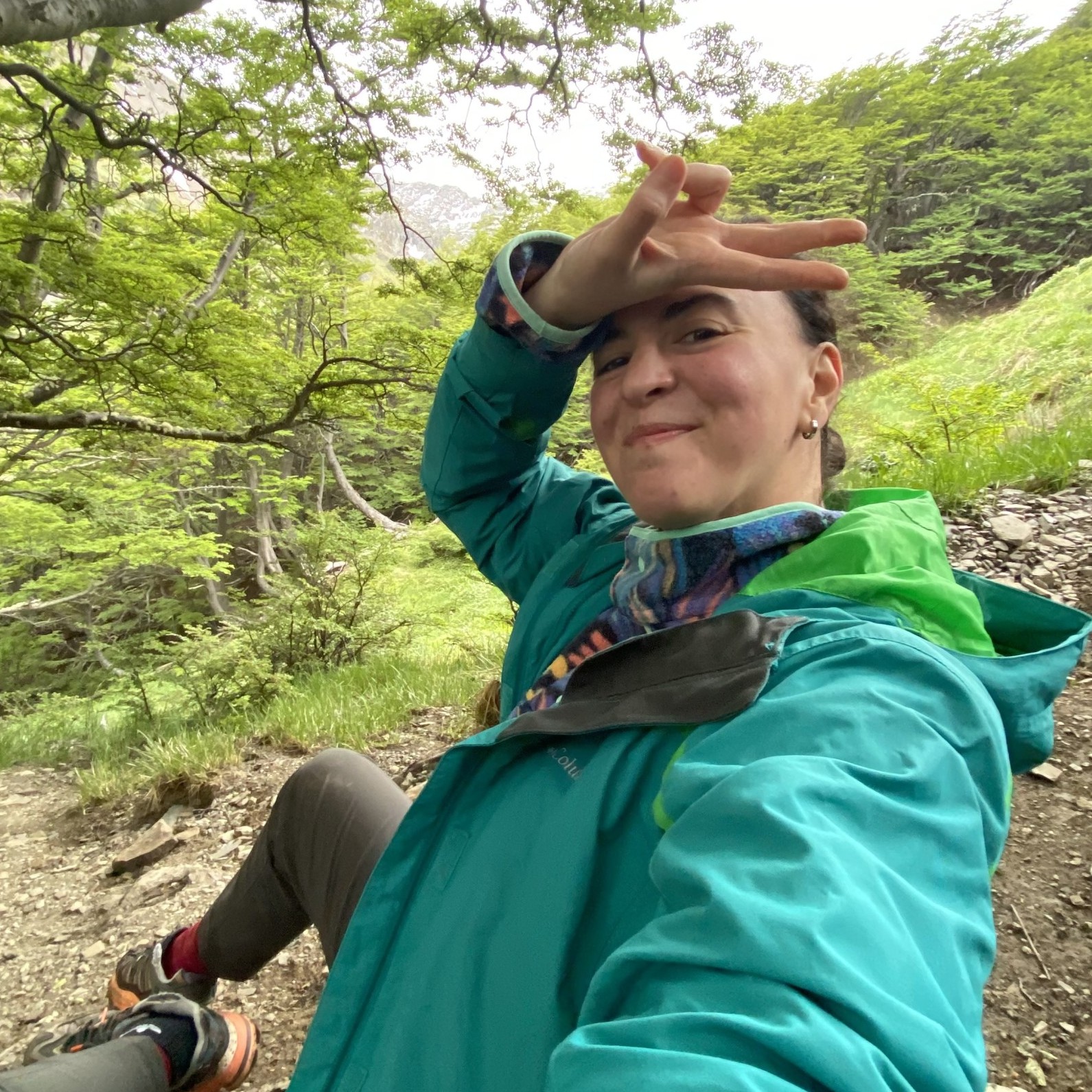 What makes you passionate about harm reduction?
What makes you passionate about harm reduction?
The opportunity to meet inspiring and incredible hardworking people from around the globe who are committed to working towards making lives of people who use drugs more equitable and fair.
What is the one thing you want people to know about harm reduction in Latin America and the Caribbean?
The power of harm reduction networks and civil society organisations to deal with challenging contexts and governments and advocate for the causes they’re fighting for.
Thomas Kerr - North America chapter
What makes you passionate about harm reduction?
Harm reduction is an essential component of the continuum of services and supports we offer to people who use drugs. I love the fact that harm reduction is rooted in human rights. Also, there is so much creativity that happens as harm reduction programmes evolve over time.
What is the one thing you want people to know about harm reduction in North America?
Despite remarkable progress on harm reduction in Canada, there is a major backlash against it. This backlash is fueled by misinformation and a lack of understanding of harm reduction programming.
Maria Plotko - Eurasia chapter
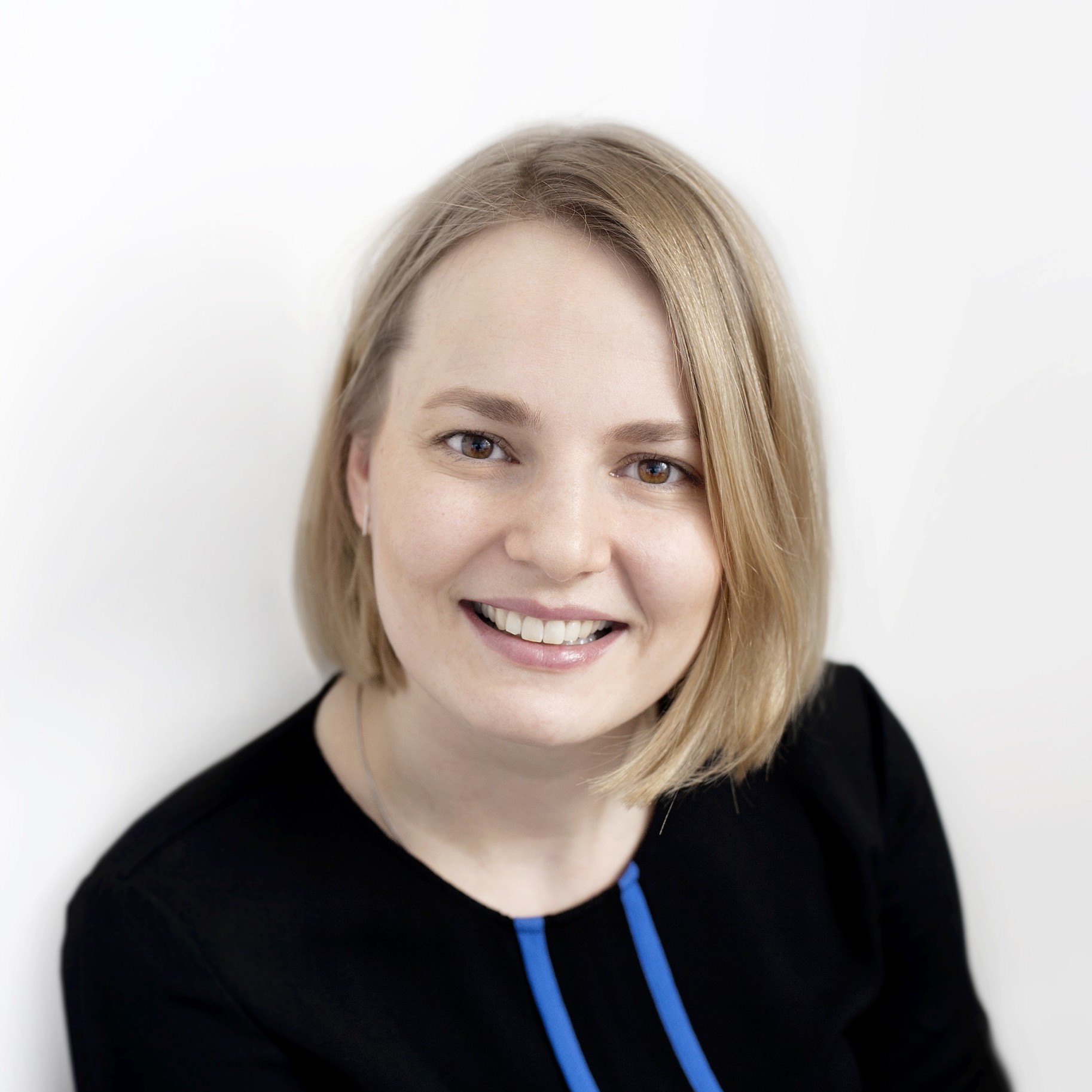 What is the one thing you want people to know about harm reduction in Eurasia?
What is the one thing you want people to know about harm reduction in Eurasia?
Harm reduction is a political issue, especially in countries with repressive and authoritarian regimes. Harm reduction activists should not be forgotten when we speak about human rights defenders.
What is the most shocking or important fact you came across while working on the Eurasia chapter at the Global State of Harm Reduction 2024 report?
How polarised the developments are. Some countries are implementing the reforms we all have been waiting for while others are going backwards despite all efforts. This means we can never step back and stop our advocacy.
Prince Bull-Luseni - West and Central Africa Chapter
What is the one thing you want people to know about harm reduction in West and Central Africa?
That despite the increase in the number of countries offering harm reduction programmes in the region, these services remain inadequate.
What is the most shocking or important fact you came across while working on the West and Central Africa chapter at the Global State of Harm Reduction 2024 report?
The region’s overdependence on international donors to fund harm reduction programmes through their HIV/AIDS interventions and the funding gap to support harm reduction in the region.
Aniedi Akpan - West and Central Africa Chapter
 What makes you passionate about harm reduction?
What makes you passionate about harm reduction?
It has taught me compassion, humility and empathy. The changes that beneficiaries of harm reduction services have made has also opened my mind to the resilience of the human spirit.
What is the one thing you want people to know about harm reduction in West and Central Africa?
In this region, poverty is a serious access barrier to health and social services; it determines behaviour and vulnerability to harm.
Robert Csák - Western Europe chapter
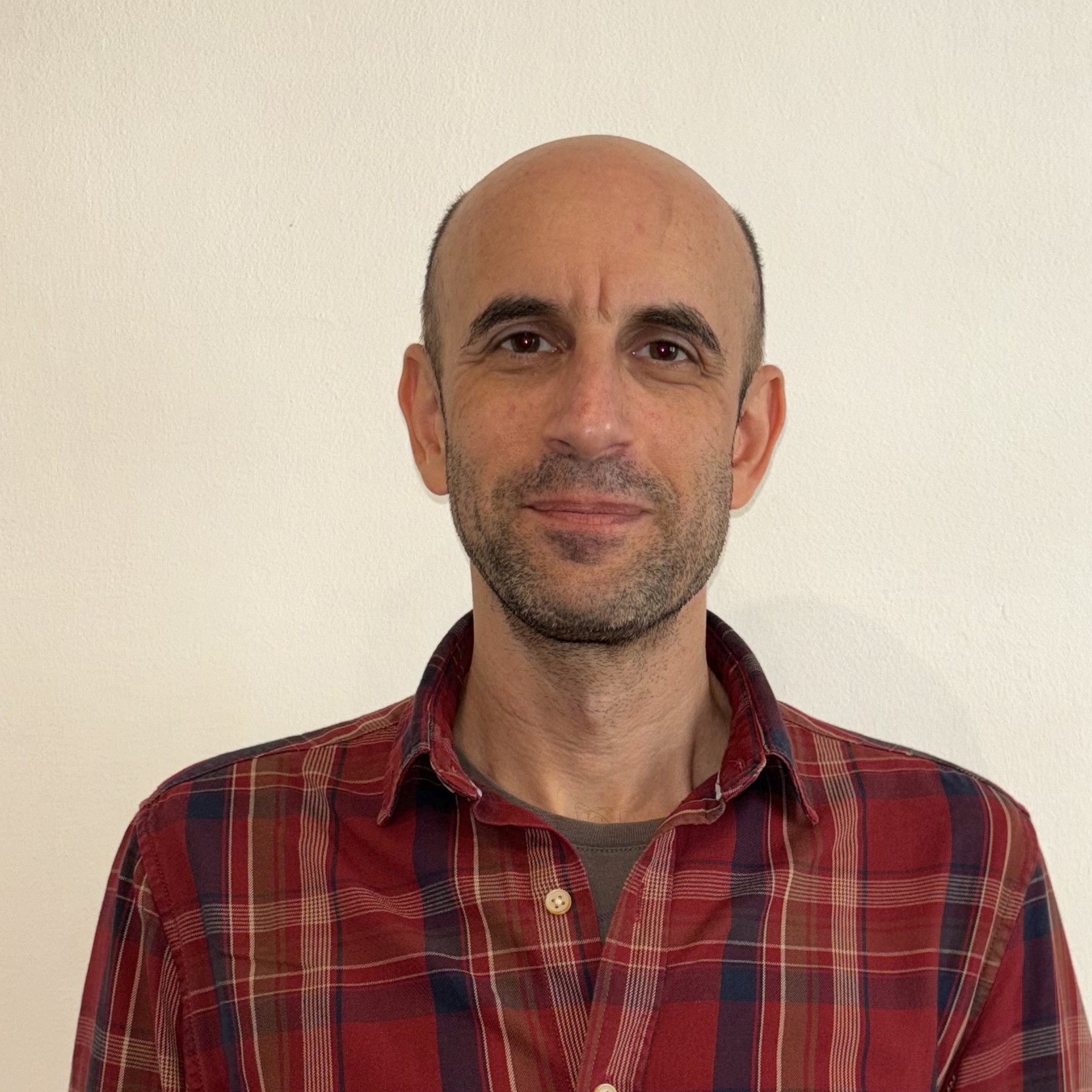 What makes you passionate about harm reduction?
What makes you passionate about harm reduction?
Harm reduction shows how easy it is to work with people if you treat them with empathy and compassion; it is also a pragmatic and effective approach which can engage people other services can’t.
What is the most shocking or important fact you came across while working on the Western Europe chapter at the Global State of Harm Reduction 2024 report?
The stigmatisation and criminalisation of people who use drugs remain significant issues and continue to reduce the accessibility of existing harm reduction services, as well as undermining the political and financial support needed to implement and scale up these services.
Isabelle Salameh - Middle East and North Africa chapter
What makes you passionate about harm reduction?
Harm reduction is more than just a strategy, it’s a basic human right. It is about ensuring the wellbeing, dignity and support for people who use drugs. It’s about saving lives, reducing stigma and building a future where everyone has access to essential health services. Despite the increase in the number of countries offering harm reduction programmes in the region, these services remain inadequate.
What is the most shocking or important fact you came across while working on the Middle East and North Africa chapter at the Global State of Harm Reduction 2024 report?
One concerning finding is the scarcity of data and resources dedicated to harm reduction in the Middle East and North Africa region. Without accurate and up-to-date data, we can’t fully understand the scope of the problem or advocate for the services that are desperately needed. We should invest in research, expand resources, and strengthen harm reduction services to address the needs.
John Gobeil
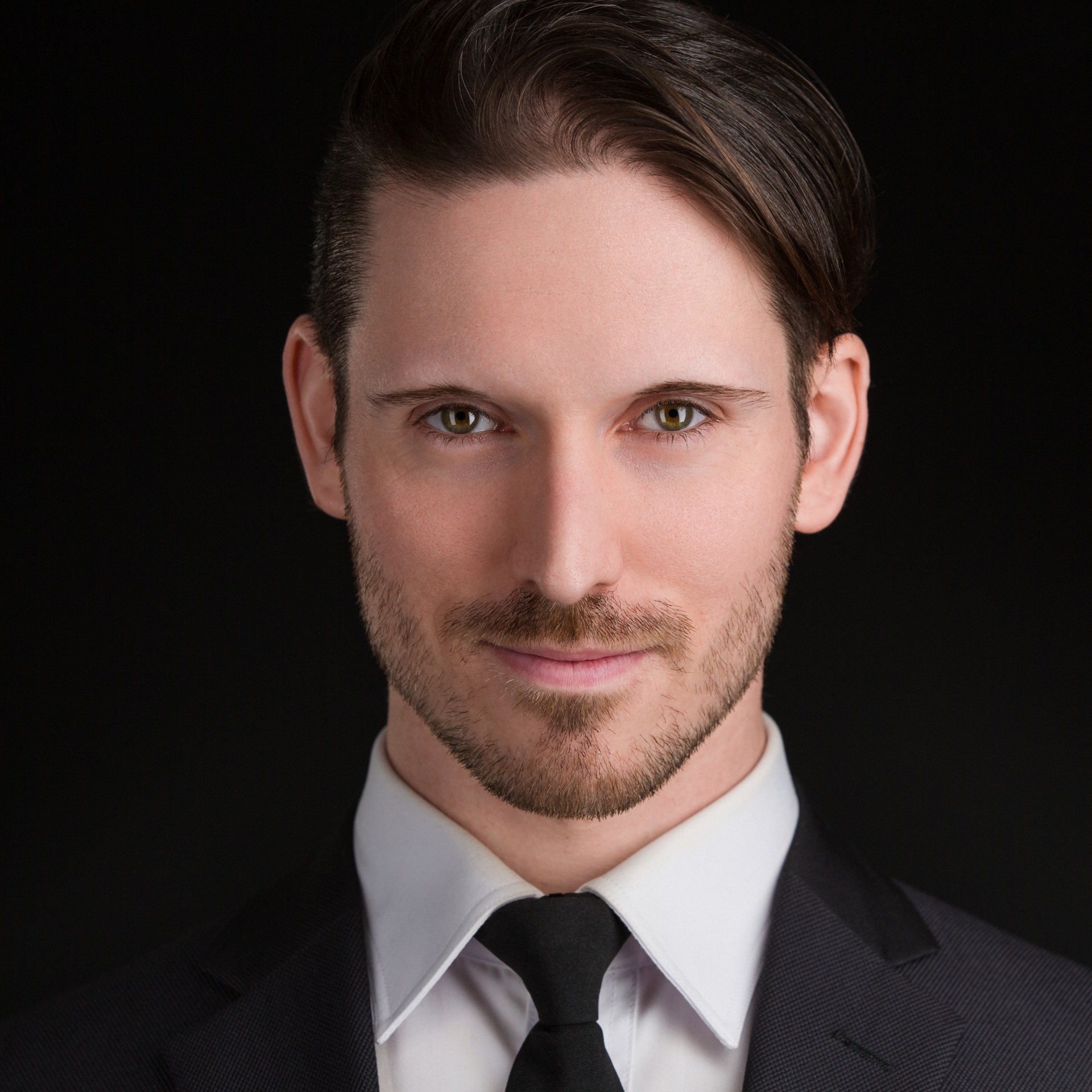 What is the one thing you want people to know about harm reduction in Oceania?
What is the one thing you want people to know about harm reduction in Oceania?
Oceania is unfortunately divided: Australia and Aotearoa (New Zealand) have progressed due to the leadership of an amazing community, although there is still a lot to be done. As for the other Pacific Islands, there is simply no data or harm reduction programs.
What is the most shocking or important fact you came across while working on the Oceania chapter at the Global State of Harm Reduction 2024 report?
Investment for harm reduction is still not enough even after 30+ years of evidence. The war on drugs is really a war on people who use drugs; it breaks my heart to see countries without harm reduction programmes, lack of data and investment.
Don't miss our events and publications
Subscribe to our newsletter
